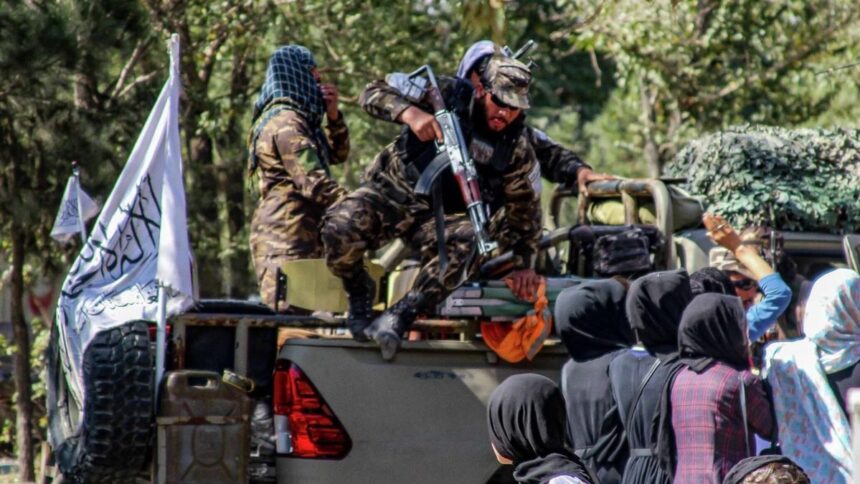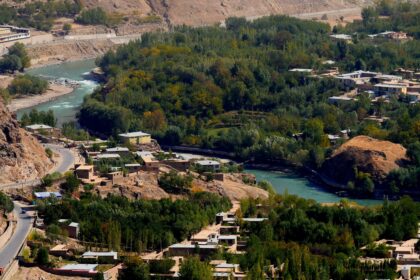RASC News Agency: Richard Bennett, the United Nations Special Rapporteur on the situation of human rights in Afghanistan, has issued a grave warning about the rapid deterioration of women’s rights under Taliban rule, describing the worsening conditions as a “widespread and systematic policy of gender persecution.” His urgent remarks come amid growing international alarm over the Taliban’s oppressive policies, which have reduced Afghanistani women to second-class citizens in their own country. In his latest report to the UN Human Rights Council, Bennett called on member states and international bodies to “urgently investigate the serious and credible allegations of gender apartheid” and consider classifying the Taliban’s actions as crimes against humanity under international law. He further noted that the Taliban’s discriminatory edicts are not isolated incidents but rather part of a deliberate, ideological campaign to erase women from public life.
“The Taliban’s enforcement of misogynistic decrees has created an environment in which women and girls are systematically oppressed, silenced, and excluded from nearly all aspects of social, political, and economic life,” Bennett said, emphasizing the scale of the repression. “This is no longer merely a human rights issue it is an international crisis of justice and accountability.”
Since the Taliban’s return to power in August 2021, Afghanistani women and girls have faced an avalanche of restrictions. Girls have been banned from secondary schools and universities, women have been barred from most jobs, and even their freedom of movement has been severely curtailed, with many prohibited from traveling without a male guardian. Women are also banned from public parks, gyms, and beauty salons spaces that once symbolized modest autonomy and community.
Bennett’s report points out that the Taliban’s policies are not only in violation of Afghanistan’s obligations under international treaties such as the Convention on the Elimination of All Forms of Discrimination Against Women (CEDAW) but also amount to a form of institutionalized apartheid, targeting half of the population purely on the basis of gender. Despite these findings, the Taliban who remain diplomatically isolated but continue to receive humanitarian assistance from various international donors have shown no sign of reversing their policies. Critics argue that continued engagement with the regime, particularly by regional powers and humanitarian organizations, risks legitimizing a theocracy that thrives on gender-based persecution.
Afghanistani women’s rights activists, many of whom now operate in exile due to Taliban threats and crackdowns, have welcomed Bennett’s intervention. In interviews with RASC, several exiled campaigners called on the international community to go beyond condemnation and take concrete action, including targeted sanctions, prosecution of Taliban leaders under international law, and formal recognition of gender apartheid as a crime. One Kabul resident, who asked to be identified only as “Zarmina” for safety reasons, told media:
“We are alive, but we are not living. The Taliban have stolen our futures, our voices, and our dignity. The world must not turn away.”
Bennett’s powerful appeal concludes with a demand that the international community “no longer tolerate impunity for those responsible for these egregious human rights violations” and instead mobilize legal, diplomatic, and economic tools to hold the Taliban accountable for what he described as a “sustained campaign of gender persecution” tantamount to gender apartheid.






